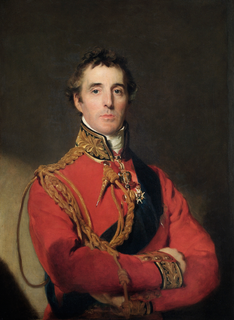A Quote by Felix Frankfurter
Of compelling consideration is the fact that words acquire scope and function from the history of events which they summarize.
Quote Topics
Related Quotes
To be functionally fluent in a language, for instance, in most cases you need about 1,200 words. To acquire a total of vocabulary words, if you really train someone well they can acquire 200 to 300 words a day, which means that in a week they can acquire the vocabulary necessary to speak a language.
The Declaration has a moral power which is of enormous weight and influence. The statement of the rights represent a goal, or a standard, to which every man can look and with which he can compare what he in fact enjoys. The fact that no country was prepared to vote against the Declaration indicates its compelling moral force.
The history of a battle, is not unlike the history of a ball. Some individuals may recollect all the little events of which the great result is the battle won or lost, but no individual can recollect the order in which, or the exact moment at which, they occurred, which makes all the difference as to their value or importance.
The fact that I am constantly immersed in the act of legal writing and editing has made me a better and more efficient creative writer and editor. In the end, lawyers need to tell compelling stories when they write a brief or other legal argument. A successful lawyer understands that the judge is merely a person who is going to read that brief, which should articulate a compelling reason for the judge to rule in that lawyer's favor. In other words, a legal advocate needs to get the judge to care. That's not dissimilar to what a creative writer does.
This is not remarkable, for, as we know, reality is not a function of the event as event, but of the relationship of that event to past, and future, events. We seem here to have a paradox: that the reality of an event, which is not real in itself, arises from the other events which, likewise, in themselves are not real. But this only affirms what we must affirm: that direction is all. And only as we realize this do we live, for our own identity is dependent upon this principal.


































